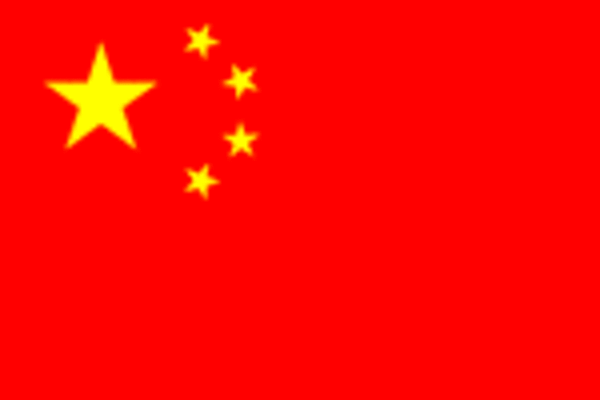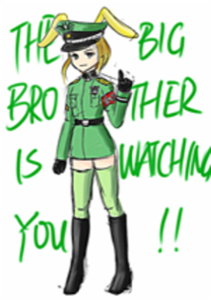There’s no doubting the impact of social media on our day-to-day lives in 2010. In the western world, most big brands have Facebook and Twitter accounts nowadays, many TV journalists “write a blog” about their beat every day, and services like YouTube are widely consumed. However it’s the rise of social media as a tool for social activitism that has really brought these technologies to the fore. Sometime over the past year, it reached the point where some governments became threatened by social media and started cracking down on it. China has been the most high profile example recently.

But does the Chinese government really care about Facebook, Twitter and YouTube as much as we in the west think they do?
Comment Highlights:
- Joel: China “will restrict the foreign original and support a more easily regulated domestic alternative.”
- Gabriela: “While it is true that there are Chinese alternatives, those sites are not nearly as open.”
- key: “China govt blocks websites not according to their popularity, but to their degree of freedom.”
One of the breakthrough moments for Twitter came in June 2009, when people in Iran used Twitter to protest the country’s election results. This gave Twitter a lot of exposure in western mainstream media. But more than that, other countries where democracy is tenuous sat up and took notice.
The Chinese government started to view social media services as a way for “subversive” citizens to cause trouble. The New York Times recently reported that a January 24 editorial in People’s Daily, the Communist Party of China’s official newspaper, blamed “online warfare launched by America, via YouTube video and Twitter micro-blogging” for sowing discord amongst the Iranian people. China currently blocks prominent U.S. social media sites like Facebook, Twitter and YouTube.
However, it’s arguable how important those services are to Chinese citizens. As digital consultant Wei Wang guest blogged on ReadWriteWeb in November, “every social media category has a Chinese equivalent that is tuned to the particular needs of the mainland Chinese market.”
Kaiser Kuo, a leading commentator about the Chinese Internet market, gave us further context in a comment on an August 2009 article on ReadWriteWeb:
“Yes, there are some Chinese who use Facebook, Twitter, and other social media services that have been blocked in China. But the overwhelming majority of people interested in SNS will use, say, QQZone, or Xiaonei (recently rebranded Renren), or the very popular SNS Kaixin001, or 51.com. Youtube is blocked, but long before that Youtube was a distant also-ran in the Internet video race, far behind sites like Youku.com and Tudou.com. Microblogging sites like Jiwai.de, Fanfou, and Zuosa — all of which, lamentably, are now out of service in the aftermath of Urumqi — all boast(ed) user numbers that dwarf the number of Twitter users in China.”
It’s clear that the Chinese government really is threatened by the rise of social media, because those services give citizens a voice in media – and that voice can potentially reach a global audience.

But let’s be realistic: how much of a threat to freedom of speech is banning Twitter in a country where other types of social media are much more popular anyway.
What do you think – are we in the West making too much of an issue of China banning Twitter, Facebook and similar social media sites? Just because they’re popular with us, doesn’t mean they’re as popular (and therefore dangerous) in a country like China. Are we over-reacting to the Chinese government’s moves against U.S. social media?
















